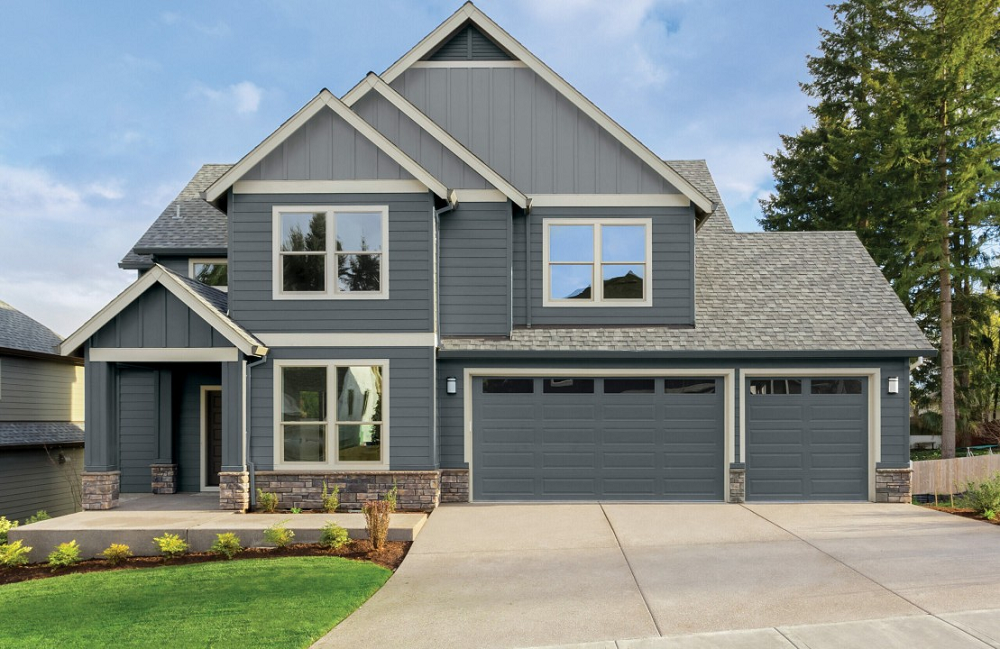A roofing CRM differs from generic CRM solutions regarding cost savings before diving into the cost-saving benefits. Roofing CRM is a specialized software designed to address roofing contractors’ unique challenges and workflows. It integrates various aspects of the business, from lead management and job scheduling to invoicing and customer communication, all tailored to the roofing industry’s specific needs. Impact of Roofing CRM on Operational Costs,
- Streamlining lead management
The primary way roofing CRM reduces operational costs is through efficient lead management. Traditional methods of tracking leads, such as spreadsheets or paper-based systems, are time-consuming and prone to errors. A roofing CRM centralizes lead information, making it easily accessible and manageable.
- Automated lead capture – Many roofing CRM systems automatically capture leads from various sources, including website forms, social media, and phone calls. Eliminating manual data entry saves time and reduces labor costs.
- Lead qualification – CRM systems often include lead scoring features, helping roofers prioritize high-potential leads. This focused approach saves time and resources that might otherwise be spent pursuing less promising opportunities.
- Follow-up reminders – Automated reminders ensure no lead falls through the cracks, maximizing the return on marketing investments and reducing the cost per acquired customer.
- Enhancing project management efficiency
Roofing projects involve multiple stages and tasks. A CRM system designed for roofers helps manage these complexities more efficiently, leading to significant cost savings.
- Centralized project information – All project-related data, including customer details, job specifications, and material requirements, are stored in one place. This centralization reduces time spent searching for information and minimizes errors that could lead to costly mistakes.
- Scheduling and resource allocation – Advanced scheduling features in roofing CRM systems optimize crew assignments and material delivery. This efficient resource allocation reduces downtime and improves overall productivity.
- Real-time updates – Field teams update project status in real time using mobile apps for roofers. This immediate communication reduces delays and helps quickly address any issues that arise, preventing costly project overruns.
- Streamlining estimating and quoting processes
Accurate and timely estimates are crucial in winning roofing contracts. CRM systems with integrated estimating features significantly reduce the time and resources spent on this process.
- Digital measurement tools – Many roofing CRM systems integrate with aerial measurement tools, reducing the need for on-site visits for initial estimates. This feature alone leads to substantial savings in time and travel costs.
- Standardized quoting templates – Pre-built templates ensure consistency in quoting and reduce the time needed to create proposals. This standardization also helps avoid pricing errors that could eat into profits.
- Material cost updates – Integration with supplier databases allows real-time material cost updates, ensuring that quotes remain profitable even in a fluctuating market.
- Enhancing marketing efficiency
While marketing is essential for growth, it also is a significant expense. Roofing CRM systems help optimize marketing efforts, ensuring better returns on marketing investments.
- Targeted marketing campaigns – CRM systems allow for more targeted marketing efforts by analysing customer data, reducing the cost per lead.
- ROI tracking – Built-in analytics tools help track the effectiveness of different marketing channels, allowing for more informed budget allocations.
- Referral management – Many roofing CRM systems include features to track and manage referrals, a cost-effective way to generate new business.
From streamlining lead management and project workflows to enhancing customer communication and financial processes, these specialized apps for roofers touch every aspect of the business. While the initial implementation may require investment and effort, the long-term benefits of cost savings, efficiency improvements, and enhanced customer satisfaction make roofing CRM an invaluable asset for forward-thinking roofing contractors.

